Almost 30+ SEO Agencies opening per day only in India and only one or two are successful, sometimes it is zero. The success CVR here is close to zero. Many SEO agencies are just selling bad stuff to businesses and business people. Do not get trapped by those. There are only few SEO metrics that matter for every business, not matter what your industry is.
SEO agencies shows some useless metrics to fool you. The reason being they just want to sell you those stuff. Many agencies have a limited proforma that they pitch to every businesses, irrespective of their niche. Here are 7 SEO Metrics to focus:
Contents
#1 Organic Traffic
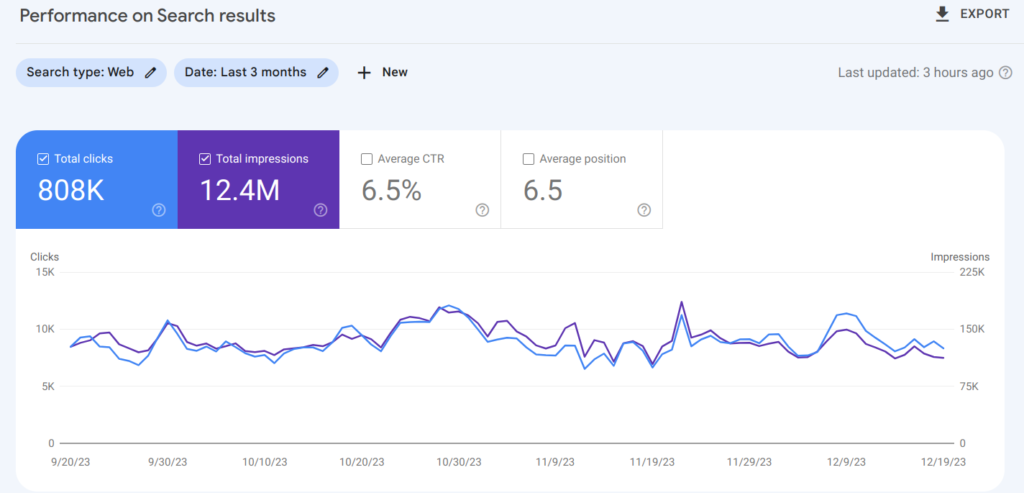
SEO is not the one and only way to drive traffic to a business. Usually a huge potential customers come through paid advertising and customer automation. The main metrics you should check is how much organic traffic came from the SEO campaign that the agency ran.
2-5% MOM increment is industry standard. But again, that depends on a lot of factors and varies from business topic.
#2 Revenue
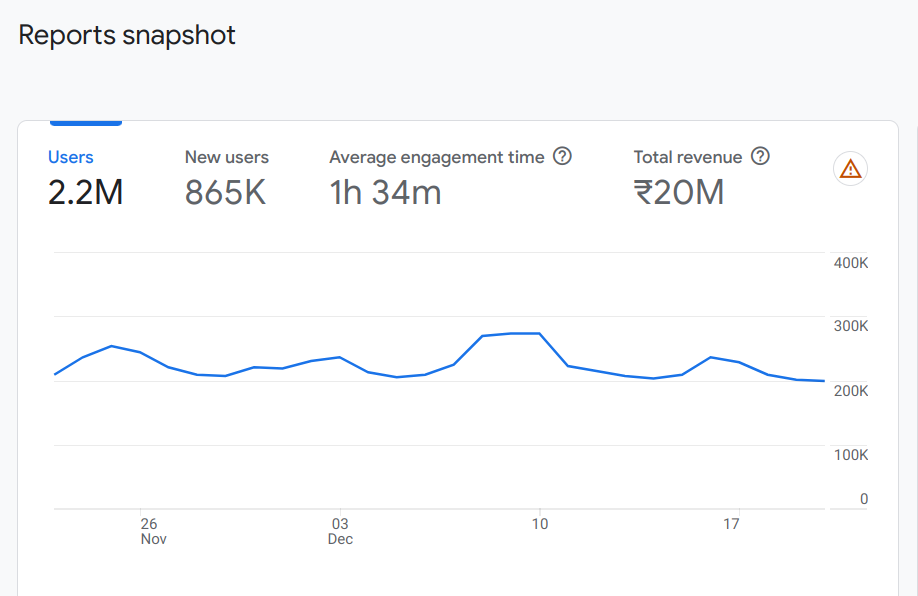
The revenue is the main thing to consider for a business. Many SEO believes that ‘SEO’ is not a field where ROI should be considered. As most of the businesses invest in SEO for a future-proof revenue stream.
In Google Analytics, if implemented correctly, can show you the revenue data and you can the filter out the organic revenue amount. There are other paid tools that provides you dashboard to check the revenue data.
Businesses should have a quick revenue meeting with SEOs every two days/once in a week.
#3 Number of Keywords in Top 3
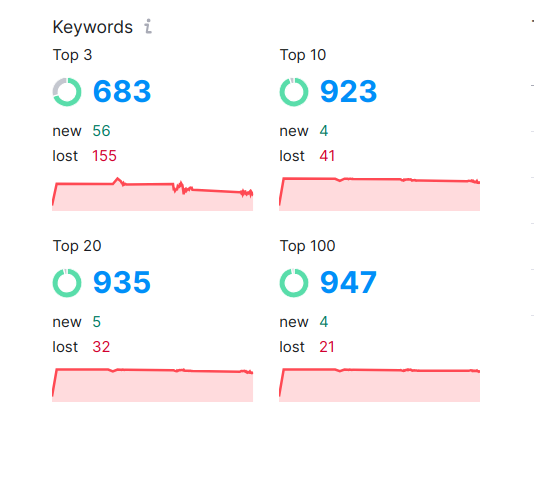
People don’t even scroll below top 3 SERP pages. With the new introduction of AI and SGE, it becomes more important than ever to rank on those top 3 pages.
Thoroughly keyword research and optimizing content with rich backlinks can take your money-magnet pages to rank on that top 3.
Tracking the number of top 3 keywords in Semrush or Ahref is always a best practice. Also, keep a track on the dropped keywords along with the new search queries on Google Search Console dashboard.
#4 Bounce Rate

Bounce rate is an important metric to consider for your business as this can shade light on a wide range of business factors.
Having a higher bounce rate means somewhere the webpage is not providing value to the customers or, it is not matching the user intent.
It also can be due to the fact that the respective webpage or the website has more loading time.
#5 Conversion Rate
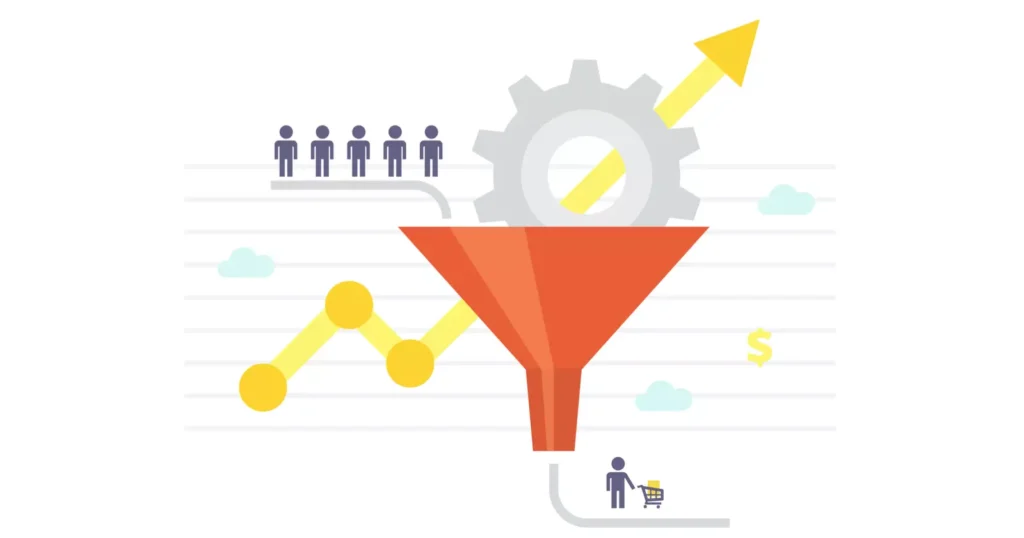
A successful SEO campaign leads to a successful conversion rate. Conversion rate may be defined by taking different labels into consideration.
There are CVR of Impression to Click, Click to Read or Scroll, View to Purchase and many more. The revenue lies in the bottom line of the funnel.
As an SEO, it is important to track organic CVR as organic customers are the most loyal customers. Paid customers often opt out clicking the subscribe button.
#6 Page-Speed / Loading Time
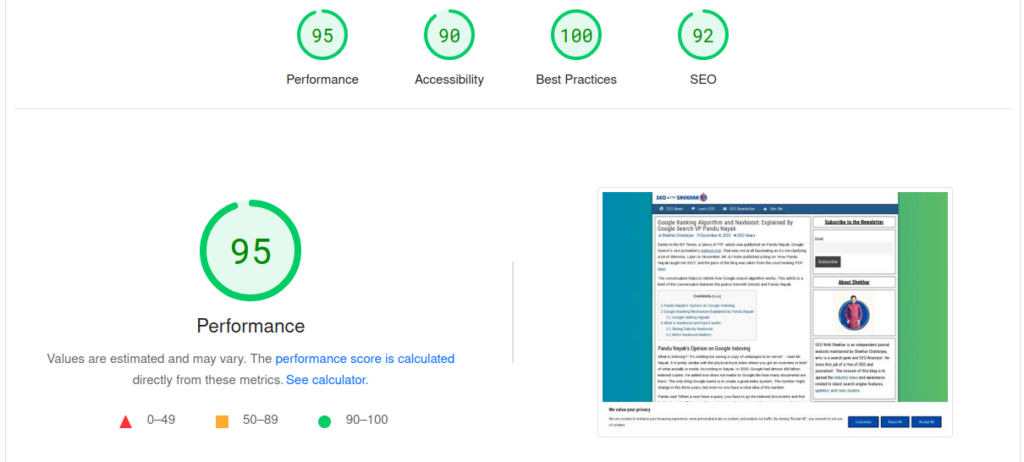
Many SEO think page loading time has a direct connection with SEO. Page loading time is actually a metric of user experience and user-experience considered to be a ranking factor before the December 2023 Google update.
Though having a great core web vital ensures that your webpage opens up within first 5 seconds. As according to human behavior, no one wait for more than 5 seconds after clicking a link from SERP. If it opens, well and good, if it doesn’t, they simply leave.
#7 Number of New Quality Backlinks

Backlinks are and will be one of the most important ranking signals to Google. Backlinks are inbound links that points to your website or a respective webpage from another website.
It is a best practice to build manual, relevant, high quality backlinks every week through various backlinks strategies.
Every business should track bi-weekly backlinks improvement. Remember, quantity never mattered to Google, only high quality inbound links matter.
These are the important 7 Key metrics that SEO Should take into consideration and every business should only focus on these 7 SEO metrics.


